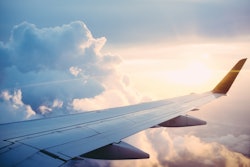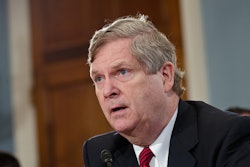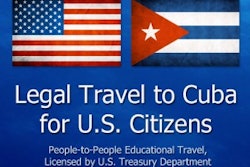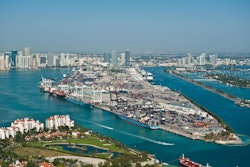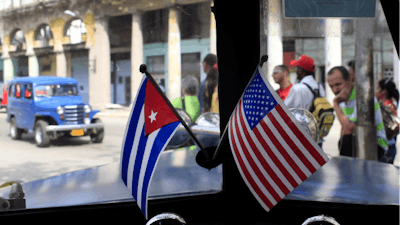
U.S. and Cuban officials signed an agreement Tuesday in Havana that provides for the reopening of scheduled air services between the two nations for the first time in more than 50 years, according to Nasdaq.
The move is expected to set off a scramble among U.S. carriers to win route rights to serve Havana, which will be capped at 20 round trips a day from anywhere in the U.S.
Despite the restoration of diplomatic relations between the U.S. and Cuba last year, the U.S. government still doesn't allow its citizens to visit Cuba strictly for tourism.
The U.S. Department of Transportation said U.S. carriers must make their applications by March 2, with final comments and answers due March 21. Passenger and cargo carriers can apply, U.S. government officials said, and there is no restriction on aircraft type or size. The government expects to make its decision this summer and carriers could begin selling tickets on those flights in the fall.
The agreement also provides for as many as 10 round trips a day to each of Cuba's nine other international airports. As those routes may not be as hotly contested, the government could award rights to airlines that want to offer those services more quickly, officials said in a briefing last week. The new aviation protocol doesn't affect the charter flights now linking the U.S. and Cuba, and those flights can continue with unlimited frequency.
To read more, click here.
Editors Insight: The momentum is gaining for expanded trade between Cuba and the U.S. There is a lot of trade at stake.
PortMiami officials are seeking temporary terminals to accommodate daily ferries to Havana, Food Logistics reported last month. In January, Food Logistics reported Virginia’s port authority signed a cooperation agreement with the Port of Mariel. In September, Food Logistics reported that SC Line launched a shipping service between Port Everglades, Fla. and Cuba.
U.S. exporters have been missing out on the estimated $2 billion Cuban imports business due to the U.S. trade embargo. There is a lot of food and beverage business at stake as Cuba warms to trade with the U.S. and as trade restrictions ease in both countries. 2-17-16 By Elliot Maras



